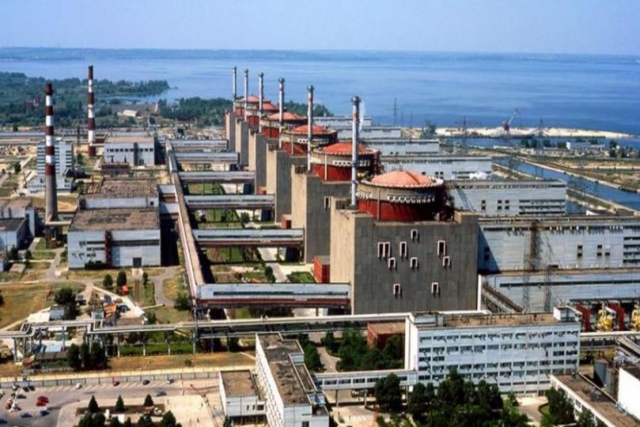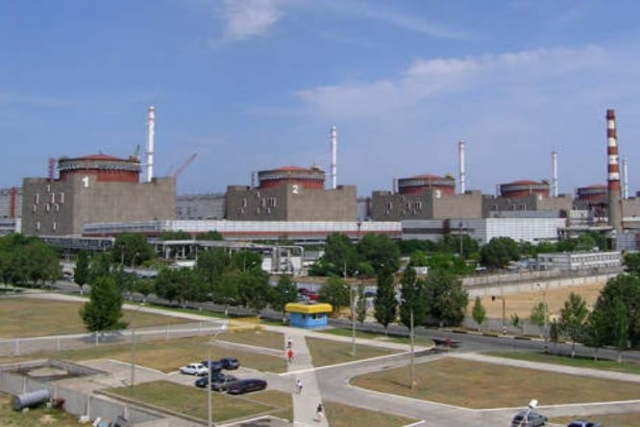Ukraine Strikes on Zaporozhye NPP a Threat to Europe: Russia

The Russian embassy in Washington has claimed that Ukraine’s attacks on the Zaporozhye nuclear power plant (NPP) has put nuclear security of entire Europe at risk.
"We paid attention to the disinformation campaign unfolding in the U.S. media in order to attribute responsibility for the situation with the Zaporozhye NPP to our country. It is indiscriminately claimed that the Russian military launched artillery strikes on the territory of the nuclear power plant," the embassy said in a statement Sunday. "We note that this is not the first provocation by Kiev at radiation-hazardous sites. The shelling of the Zaporozhye NPP by the Ukrainian armed formations is deliberate. In order to discredit Russia, the Ukrainian authorities do not shun anything, creating a real threat to the nuclear security not only of Ukraine, but of Europe as well.”
Russia’s Joint Coordination Headquarters for Humanitarian Response alleges that Ukrainian nationalists launched an artillery strike on the territory of the nuclear power plant on August 5. Two high-voltage power lines and a water pipeline were damaged as a result of the shelling. "Only thanks to the effective and timely actions of the Russian military in covering the nuclear power facility, its critical infrastructure was not affected," the Russian embassy in the U.S. said.
The Russian diplomats called upon the United Nations and the International Atomic Energy Agency (IAEA) "to condemn the criminal actions of Kiev and take urgent measures to prevent provocations at radiation-hazardous facilities in Ukraine," as well as American journalists "to stop spreading Russophobic fabrications."
Following Friday’s shelling, DG of IAEA Rafael Grossi said he was “concerned.”
"I'm extremely concerned by the shelling yesterday at Europe's largest nuclear power plant, which underlines the very real risk of a nuclear disaster," Grossi said in a statement.
Ukraine's state nuclear power company Energoatom has blamed Russia for the damage.
The operator of the Zaporizhzhia NPP said the Russian missile strikes had forced the closure of one "power unit," adding that there was a risk of radioactive leaks.












